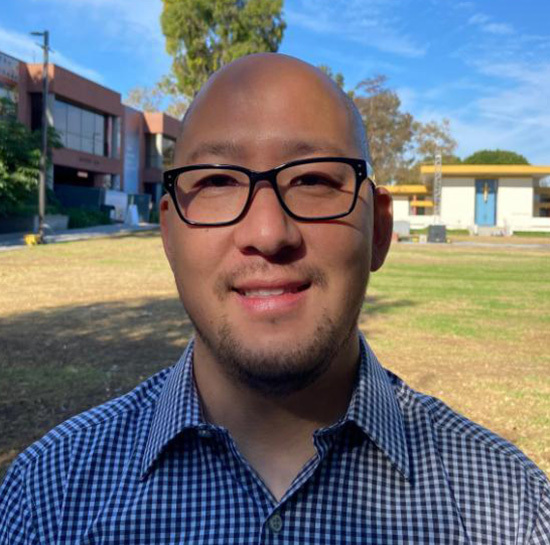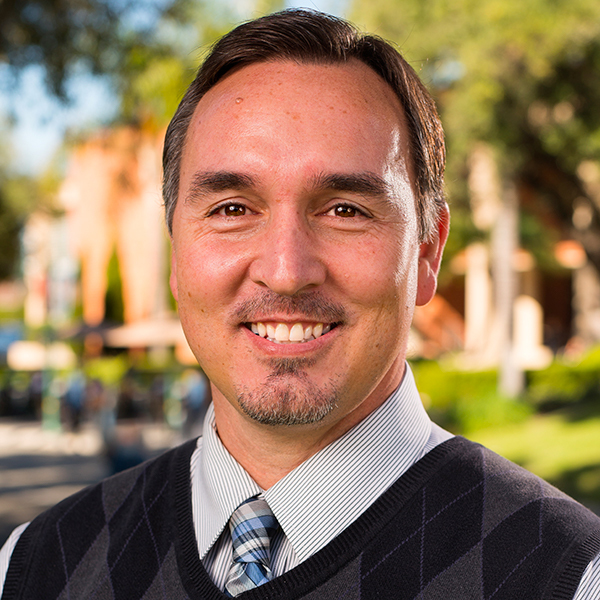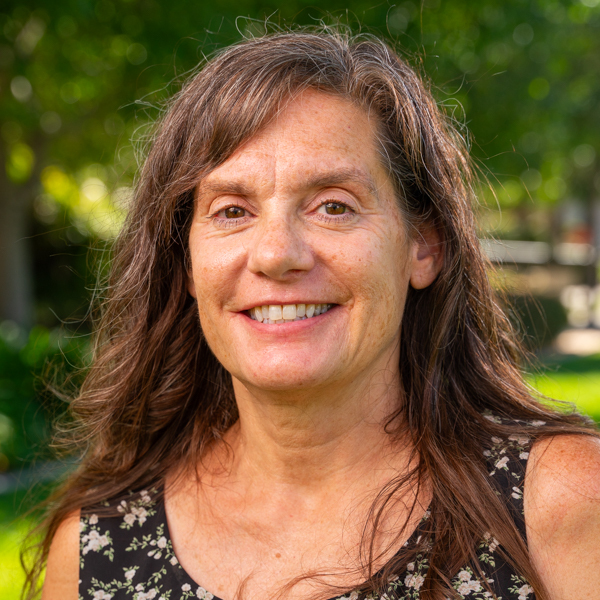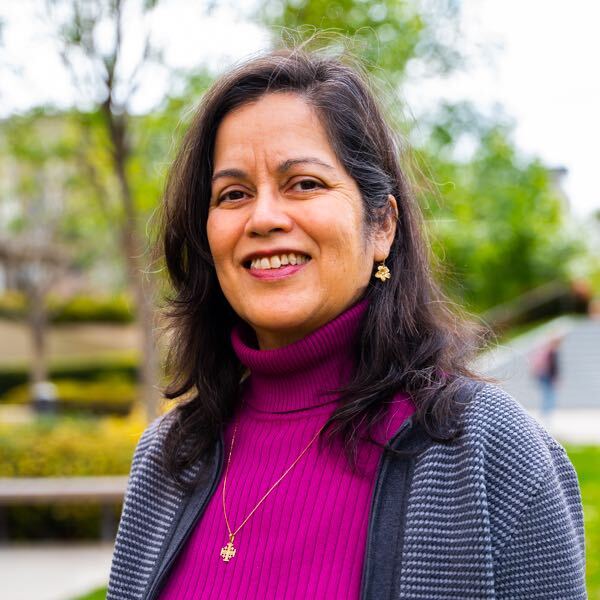Online M.A. in P-12 Multilingual, Multicultural Education
Overview
The fully online Master of Arts in P-12 Multilingual, Multicultural Education degree gives you the skills you need to work with students and families in today’s diverse classrooms. Refine your own educational philosophy for multilingual and multicultural education while cultivating your intercultural competence to be an effective educator.
This graduate degree will equip you with best practices for teaching and working with P-12 multilingual, multicultural and immigrant students — and the ability to critically examine equitable educational practices from a biblical perspective.
- Serve and support multilingual, multicultural and immigrant families. Develop your skills as a compassionate, equity-minded educator for multilingual, multicultural learners and their families. Qualified teachers with cultural competence are vital to effectively serve today’s global community.
- Be certified as a bilingual educator. Choosing the bilingual authorization concentration enables you to apply for a bilingual authorization at the state level — qualifying you as a highly desired bilingual educator in the P-12 education system.
- Integrate biblical wisdom into your classroom. Place your faith at the center of learning as a globally minded educator who upholds a biblical worldview. Whether you teach in a multilingual classroom, develop curriculum or design community programs for a non-profit organization, broaden your opportunities for meaningful service.
- Fit your coursework into your busy schedule. The fully online, asynchronous format of the program provides flexibility for working professionals, while still maintaining Biola’s standards of academic excellence and mentorship from experienced, multicultural educators.
Explore different ways you can expand your education by viewing our Learning Opportunities page.




